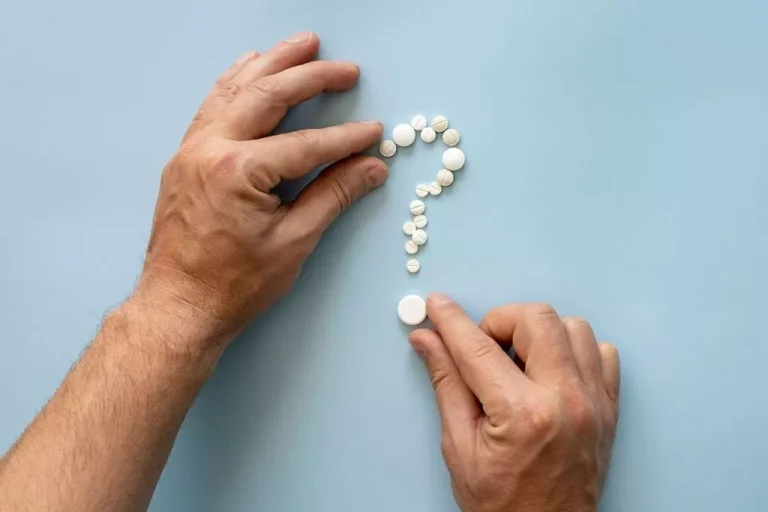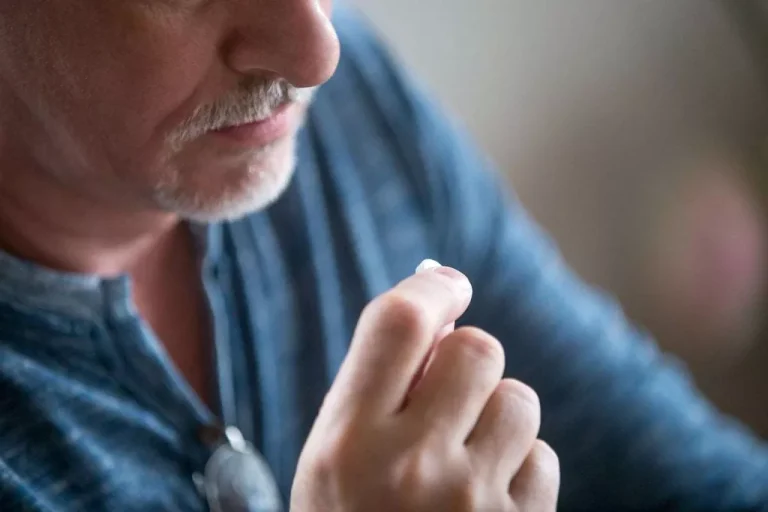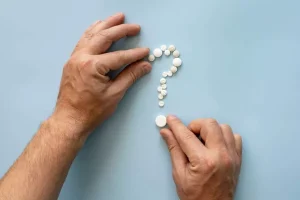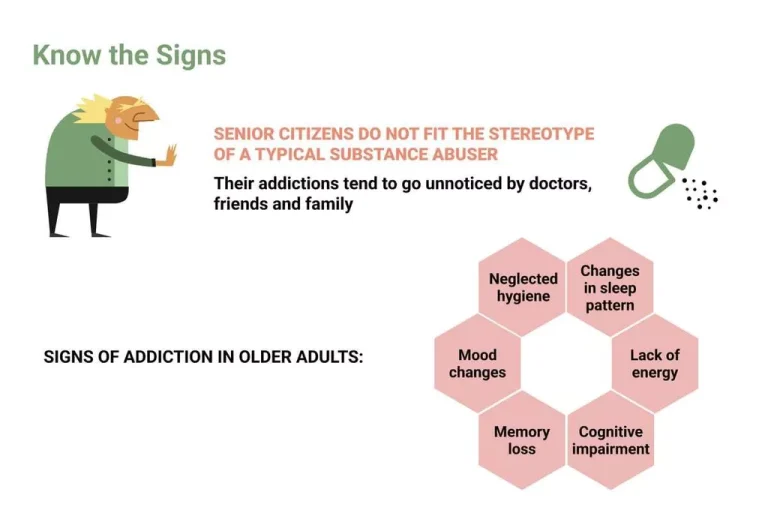
Moreover, red wine is pretty rich in resveratrol, a powerful antioxidant compound. Additionally, no matter how often you have to pee at night, it’s important to make sure your path to the bathroom is free of obstacles and lit by a nightlight. Making trips to the bathroom at night increases the risk of falls, especially for older individuals. You can also increase your water intake by eating fruits and vegetables with high liquid content, such as watermelon, pears, oranges, spinach, squash, and carrots. He is board-certified in Emergency Medicine, with over eight years of practice that includes emergency medicine, urgent care, and does drinking help you sleep telemedicine. These impairments could mean the danger signs related to substance use — and excess alcohol consumption — are missed.
May lower your blood sugar
- This makes it important to practice good sleep hygiene, the everyday habits that set the stage for deep restful sleep.
- There are plenty of alternatives worth a try that come with fewer downsides and more upsides.
- By combining bananas and almond milk in a smoothie, you can combine tryptophan and melatonin to possibly help reduce symptoms of insomnia.
- She holds a professional certificate in scientific writing from Stanford University School of Medicine and has contributed to many major publications including Insider and Verywell.
Warm water before bedtime has a calming effect on the body that promotes relaxation and prepares the body and mind for a restful night’s sleep. It is also believed to stimulate blood flow and helps aid better digestion. And, warm water is often consumed for its potential to help the body cleanse itself and flush out toxins. In conclusion, the relationship between red wine and sleep is a complex one, with potential benefits and risks that must be carefully weighed. Some studies suggest that moderate alcohol consumption, including wine, may lead to improved sleep onset and duration. The initial sedative effects of alcohol can help some individuals fall asleep more quickly and experience longer periods of uninterrupted sleep during the first part of the night.
- The high levels of antioxidants in various types of red wine are thought to play a role in this effect, as they may increase metabolism and stimulate fat burning in the body.
- And the negative effects of interrupted sleep can add up over time, leading to other unwanted health concerns including chronic pain.
- Red wine is a complex mixture of various compounds, including alcohol, antioxidants, and naturally occurring chemicals that can influence our sleep patterns.
- Simply boil 2 cups (480 ml) of water and add a handful of peppermint leaves.
Healthy Bedtime Snacks To Eat Before Sleep
Alcohol delays the first episode of REM sleep – and reduces the subsequent amount of REM sleep you get throughout the night. If you’re planning on heading out for a night that will involve some drinks, there are some things you can do to help you sleep afterward. If you’re having trouble falling or staying asleep often, see your healthcare provider. They can rule out any underlying cause for your insomnia and recommend the best treatment for you.

Sugar is Bad for Sleep
- In a way, wine can be likened to a warm blanket on a chilly night, wrapping you in a sense of comfort and ease.
- There’s something comforting about a mug of warm milk in the evening.
- Alcohol has been shown to interfere with the normal sleep cycle, particularly the REM (rapid eye movement) stage of sleep, which is crucial for cognitive function and overall well-being.
- Dr. Abhinav Singh, board certified in Sleep Medicine and Internal Medicine, is the Medical Director of the Indiana Sleep Center, which is accredited by the American Academy of Sleep Medicine.
- Once the body has metabolised the alcohol, there’s often a “rebound effect” in which the body tries to compensate for the alcohol-induced changes in physiological functions and sleep.
- So, the key is to practice moderation if you can’t sleep without sipping on a glass of warm milk.
One study found that taking melatonin and tryptophan supplements in the evening may improve sleep and reduce symptoms of anxiety and depression at night. A cup of antioxidant-rich matcha milk before bed can have positive effects on your anxiety levels, metabolism, and overall health. To top it off, L-theanine raises serotonin, GABA, and dopamine levels, which can benefit sleep quality and help you relax.
Things To Know About Drinking Water

However, if they’re enriched with magnesium, they might help relax your muscles and calm the mind. (16) “Warm milk of any kind can also be soothing due to its warmth and texture, signaling your body that it’s time to wind down,” she says. While we discourage late-night snacking, it’s not a good idea to go to bed hungry. Hunger pains can keep you awake, so try to eat dinner at least 3 hours before sleep.
Compared to red wine, single malt whiskey contains more antioxidants that help improve memory and mental agility. Also, for whiskey drinkers who want to lose weight, it won’t be a problem as this spirit helps boost metabolism, which suppresses hunger, making you feel full. An after-dinner shot of this spirit is a good way to end your meal–making it Alcohol Use Disorder a great digestif. Excessive alcohol consumption can impose an opposite effect that can keep you awake. One cup (240 ml) of green tea provides around 30 mg of caffeine, or about 1/3 the caffeine in a cup of coffee. The magnitude of caffeine’s effect depends on your individual sensitivity to this substance (14).


While wine can help you fall asleep faster, it can also disrupt the quality of your rest throughout the night. Alcohol has been shown to interfere with the normal sleep cycle, particularly the REM (rapid eye movement) stage of sleep, which is crucial for cognitive function and overall well-being. In a way, wine can be likened to a warm blanket on a chilly night, wrapping you in a sense of comfort and ease. The ritual of sipping on a glass of wine can signal to your brain that it’s time to wind down and prepare for sleep, creating a soothing bedtime routine. A glass of wine might help you fall asleep, but it’s not good for restful sleep, according to Dr. Colsky. Wine, like all alcohol, might make you sleepy because it’s a depressant with a sedative effect.